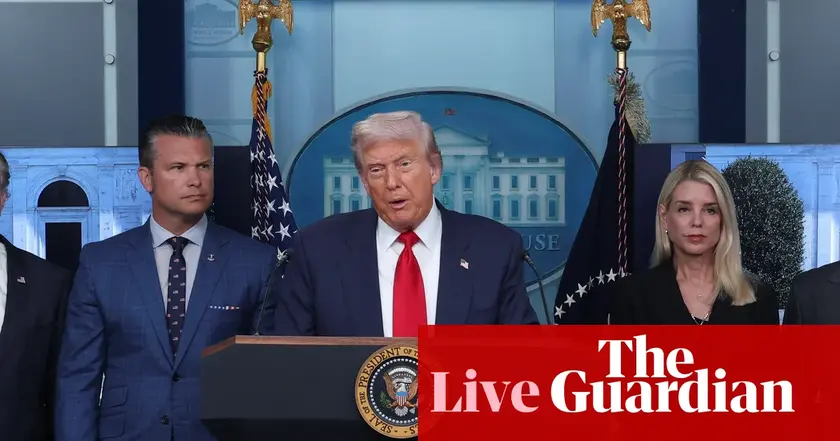T4K3.news
Judicial ruling on Maxwell grand jury records
A federal judge denies the DOJ’s bid to unseal Maxwell grand jury materials, keeping most records sealed for now.
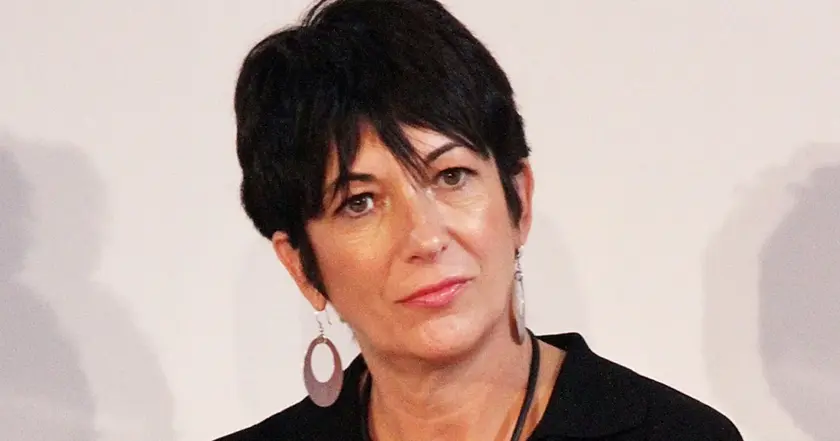
A federal judge denied the DOJ request to unseal grand jury materials in the Maxwell case, keeping most records under seal.
Judge denies DOJ bid to unseal Ghislaine Maxwell grand jury records
A federal judge on Monday denied the Department of Justice's request to unseal grand jury materials in the Maxwell case. In a 31 page ruling, U.S. District Judge Paul A. Engelmayer said the materials do not identify anyone other than Epstein or Maxwell as having had sexual contact with a minor and noted that the request came as supporters of Donald Trump pressed for more disclosures related to Epstein and Maxwell.
The judge emphasized the long standing rule of secrecy in grand juries. He noted that the government's evidence included the testimony of women who were abused as girls by Epstein and Maxwell, people who worked for Epstein and Maxwell, and law enforcement officials. Some of the evidence included photos and items collected from Epstein's residences, flight logs and an address book. Engelmayer argued that one factor in rejecting the unsealing of the transcripts is the rule of secrecy in grand juries.
Key Takeaways
"Its entire premise that the Maxwell grand jury materials would bring to light meaningful new information about Epstein's and Maxwell's crimes, or the Government's investigation into them, is demonstrably false."
Engelmayer's central ruling about the purpose of unsealing
"The government’s claim that unsealing followed abundant public interest fails at the threshold."
Description of the government's justification
"Contrary to the Government's depiction, the Maxwell grand jury testimony is not a matter of significant historical or public interest."
Judge's assessment of public interest
"It consists of garden-variety summary testimony by two law enforcement agents."
Characterization of the testimony
The ruling underscores a tension between public interest and the secrecy that grips grand jury proceedings. Even in cases with high public visibility, courts preserve confidentiality when it does not yield new information. The decision signals that transparency cannot override procedural safeguards when the government fails to show that unsealing would reveal substantial new facts.
At the same time, the order reframes how political pressure intersects with legal process. The reference to supporters of a former president and to public interest shows how public rhetoric can press for disclosures, even as the court keeps the records sealed. This could influence how future requests are assessed and may affect public trust in prosecutions when transparency is alleged to be politically motivated.
Highlights
- Public interest cannot override secrecy
- Garden-variety testimony not a blockbuster reveal
- Next to nothing new to learn from the Maxwell grand jury
- Secrecy remains the rule in grand juries
Political sensitivity around grand jury disclosures
The ruling touches on political perceptions and potential backlash as figures like Trump press for disclosures. It raises questions about transparency timing and public interest.
The next chapter will test whether transparency can outpace precedent in sensitive investigations.
Enjoyed this? Let your friends know!
Related News
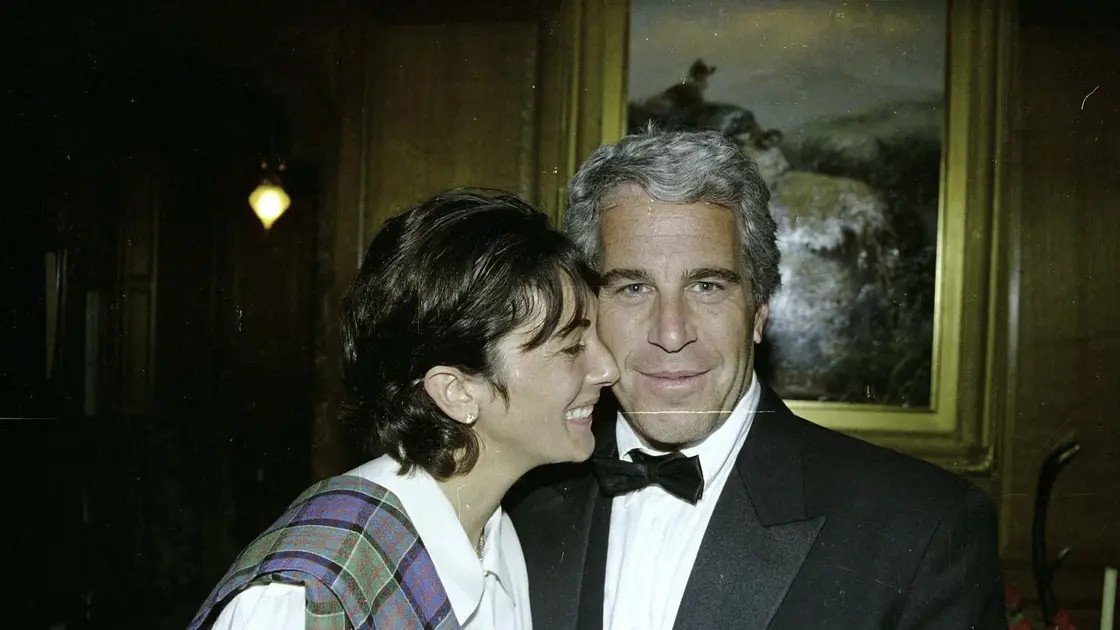
Judge in Epstein case demands more details from DOJ
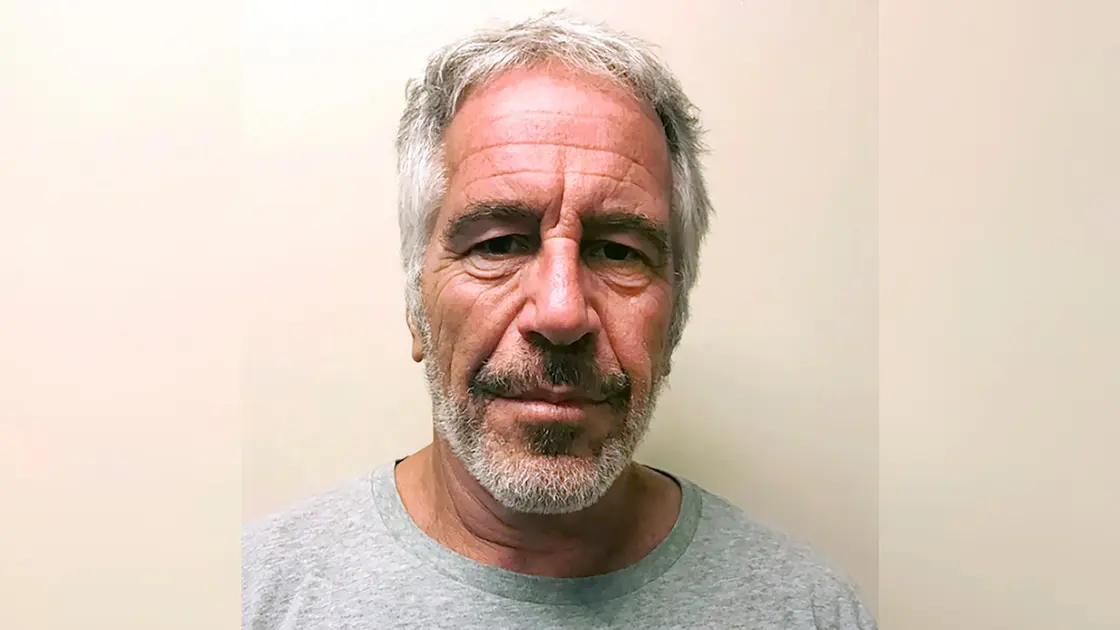
Florida judge maintains secrecy of Epstein grand jury records
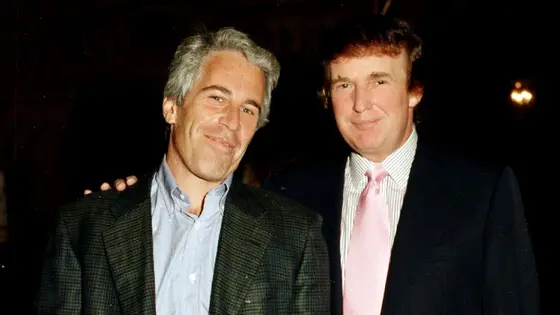
Epstein files reveal limited new information
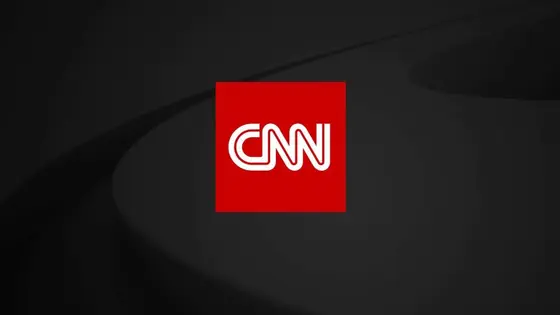
Justice Department faces scrutiny over Epstein case files
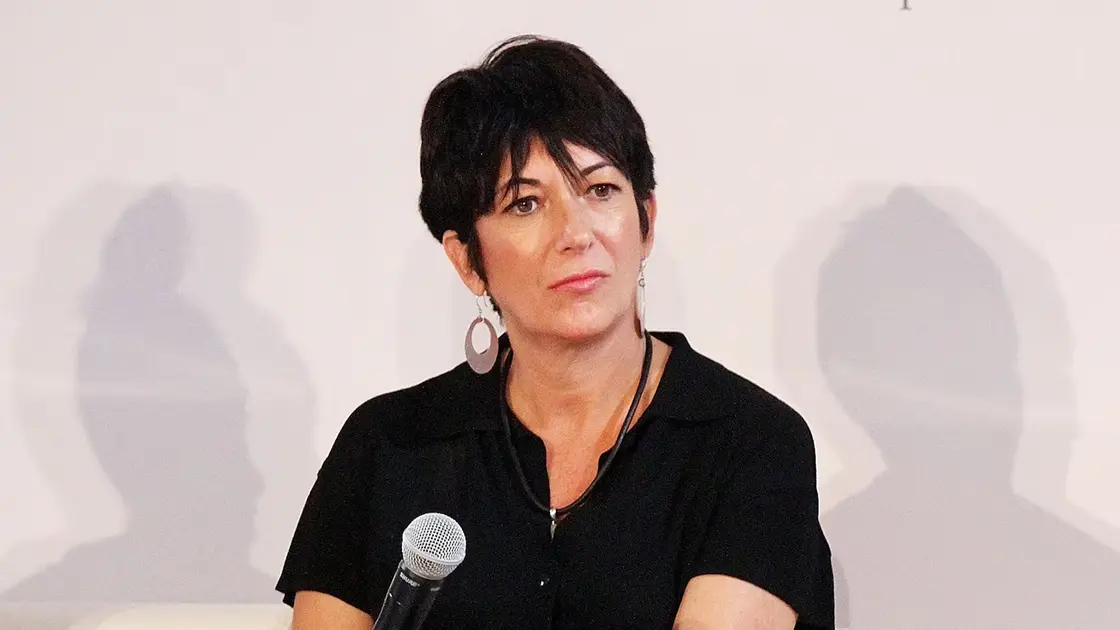
Judge denies Maxwell grand jury unsealing
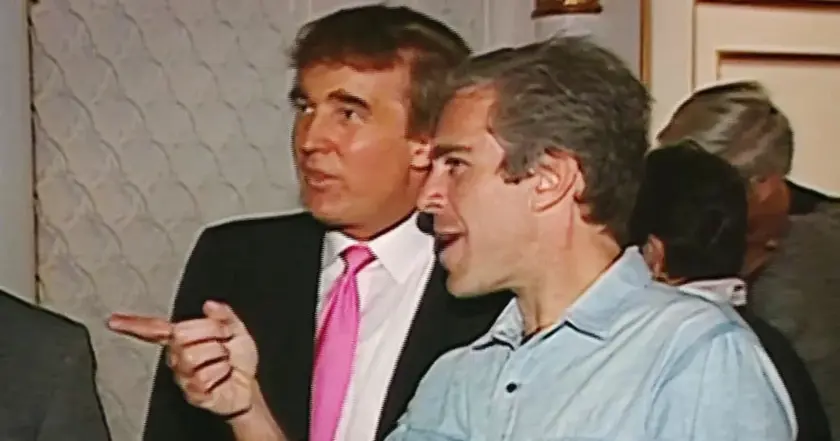
Trump orders release of Epstein grand jury testimony
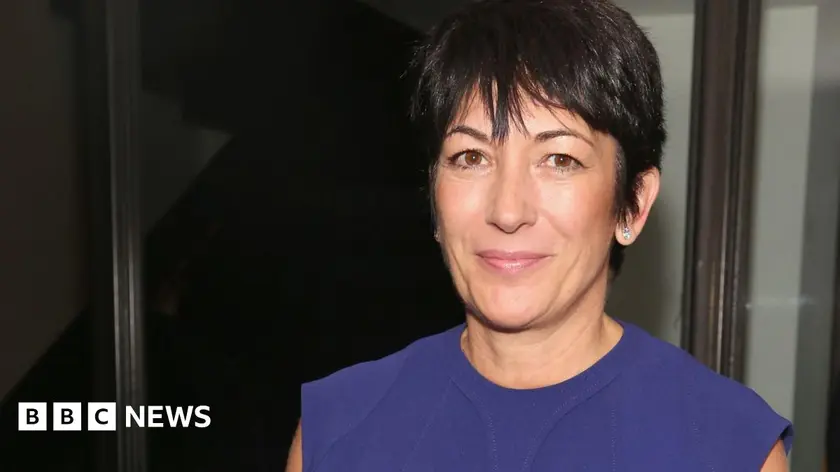
Maxwell grand jury materials sealed
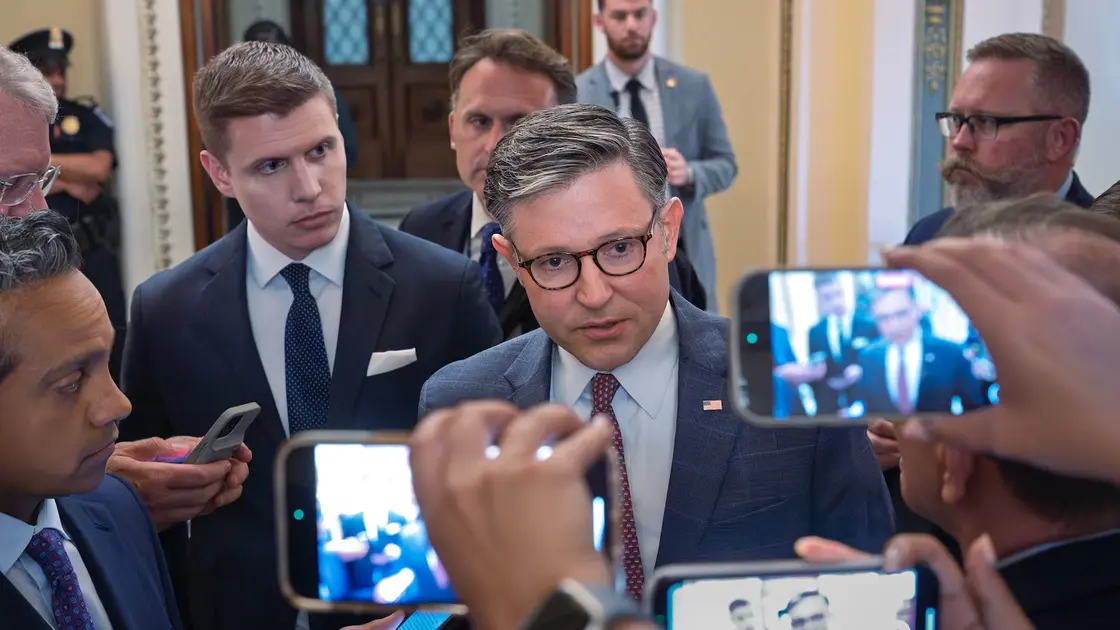
Johnson ends legislative session early over Epstein matter
